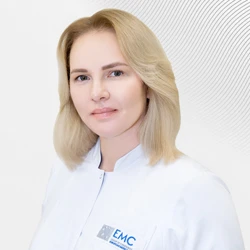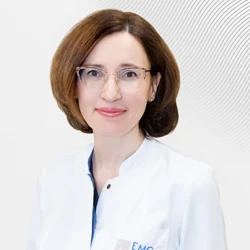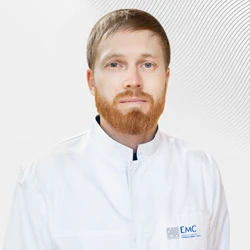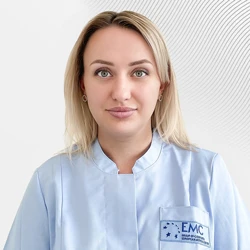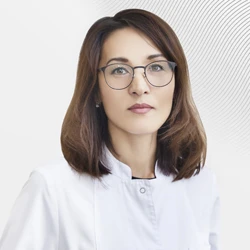Eating disorders in children: anorexia and bulimia
Anorexia and bulimia tend to develop in children aged 10-14 years. During adolescence, habits are formed that affect daily food intake. Sometimes teenagers form them incorrectly. This is due to eating in fast food outlets, cafes, and snacking on the run. Or, on the contrary, they don't eat at all during the day. Parents often do not have enough time to monitor this process. Eating disorders are also influenced by fashion trends or the example of peers.
With anorexia, children are afraid of being overweight. Fear appears as a result of a distorted view of one's own body. Children strive to lose weight by any means available, often driving themselves to exhaustion. Adolescents limit their food intake through dieting, starvation, vomiting, and excessive physical exertion.
In bulimia, on the contrary, children cannot control their food intake. They overeat and cause vomiting, so they experience frequent weight fluctuations. Bulimia occurs, as a rule, on the background of anxiety disorders or depression. Against the background of anxiety, "seizing the situation", patients begin to overeat.
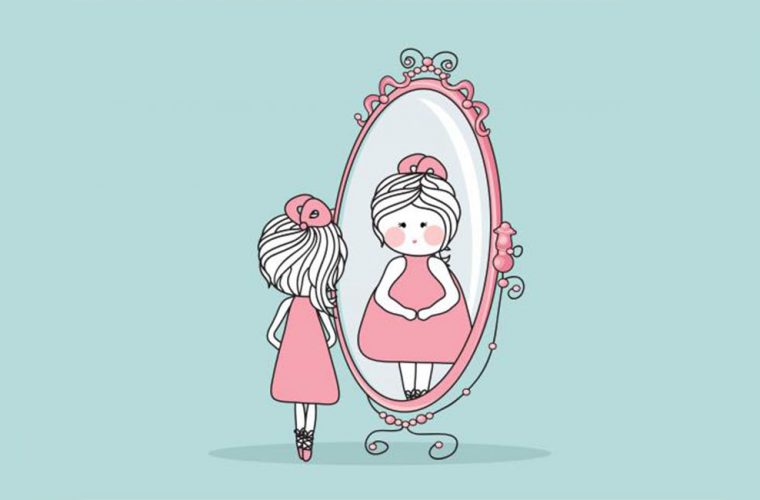
Causes of eating disorders
The development of eating disorders can be influenced by anxiety disorders, family conflicts. Teenagers are strongly influenced by the Internet and television. Artificially created ideals and stereotypes encourage children to lose weight, go on strict diets, and exhaust themselves in sports. Teenage girls are often unhappy with their appearance and try to solve this problem by losing weight.
Eating disorders can be provoked in adolescents who are engaged in ballet, gymnastics, figure skating, i.e. sports where maintaining a certain weight category is required.
Anorexia and bulimia are often combined. Anorexia can smoothly turn into bulimia, for example, during a breakdown. Teenagers try to get rid of the food they have eaten by any means. They induce vomiting and take laxatives. Sometimes, due to an overflow of the stomach, vomiting begins by itself, because the stomach cannot cope with the food it has eaten. Therefore, after a period of overeating, children try to limit themselves and eat extremely rarely.
Symptoms of eating disorders in children
If a teenager constantly compares himself to his peers, movie stars, and talks a lot about dieting, you need to be on your guard. It is worth paying attention if the child begins to refuse to eat, skip meals, or reduce portion sizes. Scales appeared in the house, or if there are any, the child began to weigh himself in the morning or after each meal. The teenager began to lose weight, began to look tired, exhausted. Parents should be alerted if a teenager eats only certain foods, such as vegetables, or has completely given up flour, dairy products, or meat. He often refuses to eat together. Teenagers, as a rule, begin to exhaust themselves in sports. They begin to be critical of their appearance, they are not satisfied with their appearance. They can change their style of clothing to a more casual one. In the store, they carefully read the composition of products and count calories. This is unusual for ordinary teenagers.

When should I see a doctor?
In girls, the main symptoms of anorexia are the absence or disruption of the menstrual cycle, dizziness, complaints of weakness, abdominal pain, sudden weight loss, low mood, irritability, overly emotional reactions to comments about appearance, or avoidance of these topics.
If you do not consult a doctor in time, disorders of the cardiovascular and endocrine systems may occur. With anorexia, potassium decreases, which leads to a decrease in blood pressure, up to heart failure, and exhaustion of the heart muscle. Endocrinological disorders are changes in the hormonal background, disruption of the thyroid gland. As a rule, all systems suffer. With frequent vomiting, stomach bleeding is possible. The use of laxatives can lead to the development of intestinal atony when it stops working on its own.
Diagnosis and treatment of children with eating disorders
The initial consultation at the EMC is conducted by a psychiatrist. Parents come to it without a child, so that the doctor can collect a detailed and maximally detailed medical history without causing discomfort to the teenager. Then a meeting is held with the patient himself - a detailed clinical conversation, during which the eating style, behavior are discussed, and the condition is diagnosed. If we suspect an eating disorder, we send the patient for an additional laboratory examination to determine the severity of the situation, then the patient is consulted by an endocrinologist, gynecologist and pediatrician.
The next stage is a consultation with a psychologist, which determines thinking, volitional components and perception of the surrounding and inner world. We examine the child comprehensively, if necessary, assemble a consultation with the participation of all the doctors advising the child and make a decision on treatment tactics.
Depending on the severity of the disorders and the general condition of the patient, we recommend either outpatient or inpatient treatment. Inpatient treatment is more effective, because the correct selection of pharmacotherapy is very important at the initial stage. Psychotherapy begins simultaneously with pharmacotherapy.
Treatment is carried out under the supervision of a group of specialists: a general practitioner, an endocrinologist, a nutritionist, a gynecologist, a psychotherapist and a psychiatrist. The maximum duration of treatment in the EMC hospital is three weeks. In public hospitals - from a month to three.
Choosing the right diet and physical activity is very important in the correction of eating disorders. The nutritionist makes the right diet for each day, taking into account the preferences of the patient, explains in detail the need for each product. Physical therapy doctors select the right set of physical exercises for smooth rehabilitation after treatment.
We have medical vacations, when after completing the main treatment in the hospital, the child is monitored on an outpatient basis for several days to see how he will behave at home, because many patients often endure one or two weeks in the hospital, and after returning home, they begin to limit themselves to food again. If the medical leave goes well, we transfer the patient to treatment either in a day hospital – 6 hours a day, or outpatient appointments several times a week, with a decrease in frequency depending on the results.
Recommendations for parents
Parents should help children develop adequate self-esteem and teach them proper nutrition. Eating disorders are often inherited from parents. For example, from moms who are fixated on their appearance, committed to strict diets. The child may misinterpret this, shift it onto himself and begin to fixate. It is necessary to show by example from an early age how to eat right.
Don't criticize the child. This is very important, because in adolescence, the slightest thoughtless word can have a critical effect on self-perception. Even if you notice that the child has started to lose weight, you don't need to say, let's go to the doctor, I don't like it. It is important to talk to the child, explaining all the consequences and offering a solution.
We teach parents how to communicate with their child properly. The therapist who works with the parents discusses everything, including what foods will be in the refrigerator when the child comes home. Because this is also very important. Respond correctly to critical periods. Psychotherapists work with families, and with each parent individually.
Why the EMC
The first and only clinic in Russia, created in the image of the world's leading clinics
EMC is a multidisciplinary center offering patients a high level of medical services and a personalized approach
Worldwide recognition and awards
 Learn more
Learn more
Worldwide recognition and awards
 Certificates and licenses
Certificates and licenses
Make an appointment for a consultation
Specify your contacts and we will contact you to clarify the details
Reviews
and new products of the EMC

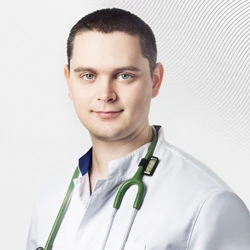
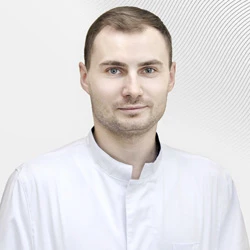
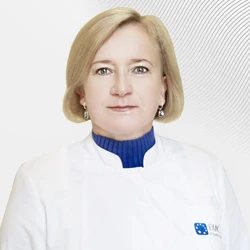
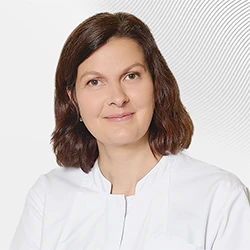
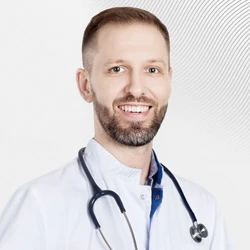
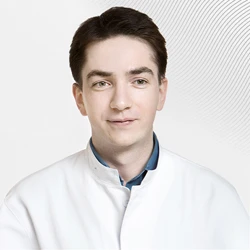
.webp)
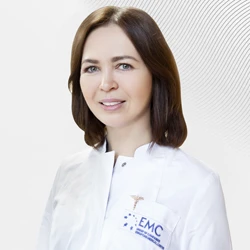
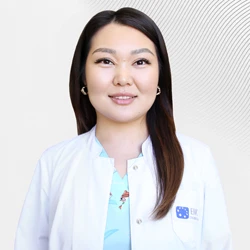


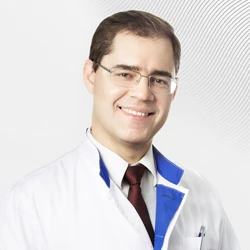
.webp)
